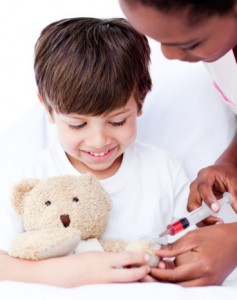How important is eating a healthy breakfast to you? Please share your daily morning routine with us. Do you make the time for a healthy breakfast every morning?
Here’s what we know, breakfast is STILL the most important meal of the day. It provides you with the energy and nutrients that lead to increased concentration whether in the classroom or at work.
Some benefits of eating a healthy breakfast are:
- Reduces the chance of developing diabetes
- Reduces the incidence of heart disease
- Improves cognitive functions related to memory
Additionally, studies have shown that breakfast can be important in maintaining a healthy body weight.
Translation – Eating breakfast is a smart move!
All content of this newsletter is intended for general information purposes only and is not intended or implied to be a substitute for professional medical advice, diagnosis or treatment. Please consult a medical professional before adopting any of the suggestions on this page. You must never disregard professional medical advice or delay seeking medical treatment based upon any content of this newsletter. PROMPTLY CONSULT YOUR PHYSICIAN OR CALL 911 IF YOU BELIEVE YOU HAVE A MEDICAL EMERGENCY.

 The American Academy of Pediatrics (AAP) recommends the best age for babies to begin eating solid foods is around the age of six months. Before making the transition to solids, parents should learn the necessary safety measures needed to protect their baby’s health.
The American Academy of Pediatrics (AAP) recommends the best age for babies to begin eating solid foods is around the age of six months. Before making the transition to solids, parents should learn the necessary safety measures needed to protect their baby’s health.


 urance plans will cover double electric breast pumps.
urance plans will cover double electric breast pumps.